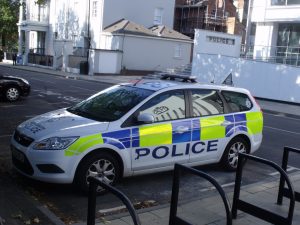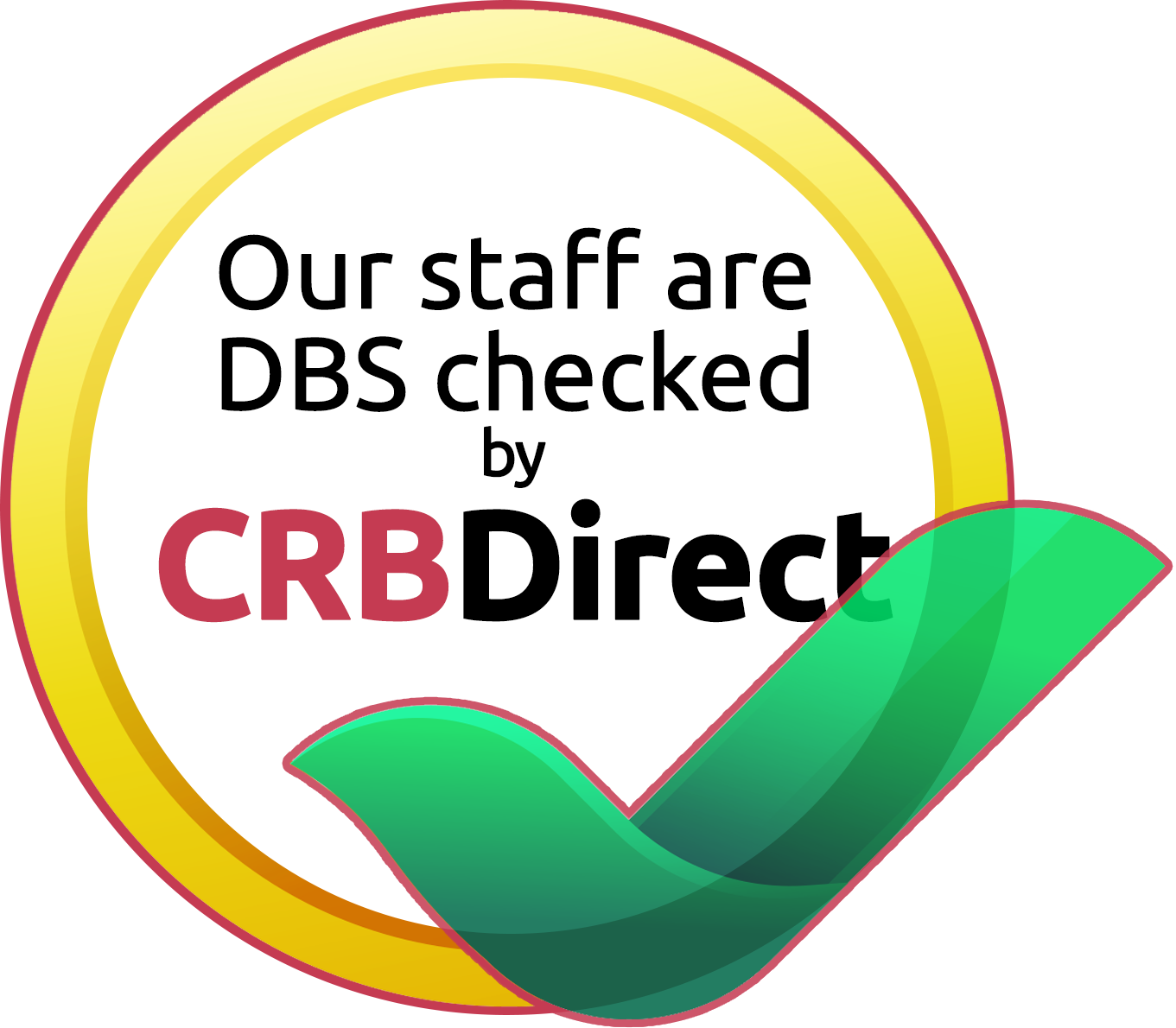.Have you ever been stopped by the Police and cautioned? Most people see a caution as something very minor. It’s certainly less significant than being charged or convicted of anything. Cautions can’t always be forgotten though. If you apply for DBS checks to be able to work with children or vulnerable adults, these cautions might come back to haunt you. Here’s everything you need to know about cautions, and how they might affect you.
What Is a Police Caution?
 Scotland’s legal system is different from the rest of the UK. When we’re talking about cautions on this page, we mean England and Wales.
Scotland’s legal system is different from the rest of the UK. When we’re talking about cautions on this page, we mean England and Wales.
The Police might give a caution if you plead guilty to a very minor crime which isn’t worth going to court over. Anyone over the age of 10 can get a police caution. You might get a caution for things like graffiti, minor one-off shoplifting, getting into a fight outside a pub or being drunk and disorderly. Getting a caution doesn’t involve being fined, or going to court. In most cases, no further action will be taken. If however you rack up dozens of cautions and then end up in front of a judge, they might take a long list of cautions as evidence of poor character. Cautions aren’t the same as fixed penalty notices for driving offences.
How Cautions Affect DBS Checks
For most people, accepting a caution is a quick and simple way of getting out of the police station and back home. Cautions aren’t convictions and you don’t have to declare them when you’re applying for a job. When you’re applying for a DBS check however, cautions might be disclosed.
There are three separate levels of DBS checking. It’s only the most detailed level, known as enhanced disclosure, which looks at cautions. This is the sort of check you’ll need if you’re planning or working with children or vulnerable adults. Enhanced checks certificates will ask about all convictions and cautions. This means that a minor caution for shoplifting aged 14 could still appear on your DBS certificate many years later.
Cautions and Filtering
The government recognises that it’s really not fair to expect people to drag minor cautions around with them for the rest of their lives. The process of “filtering” takes all this into account. When the police are looking at your record in order to prepare your DBS certificate, they will filter out some cautions and convictions. There are lots of rules about what types of cautions how long it takes before cautions are filtered. Any filtered convictions won’t appear on your DBS certificate.
We appreciate that all of this can be confusing. If your cautions were a long time ago, then you might not even remember what year they were given, and what they were for. There is lots of information in the government’s filtering guidelines. It’s also worth remembering that even though old cautions no longer appear on a DBS certificate, they won’t be erased from the police computer. All convictions, cautions, arrests and other intelligence remain on your record forever.
